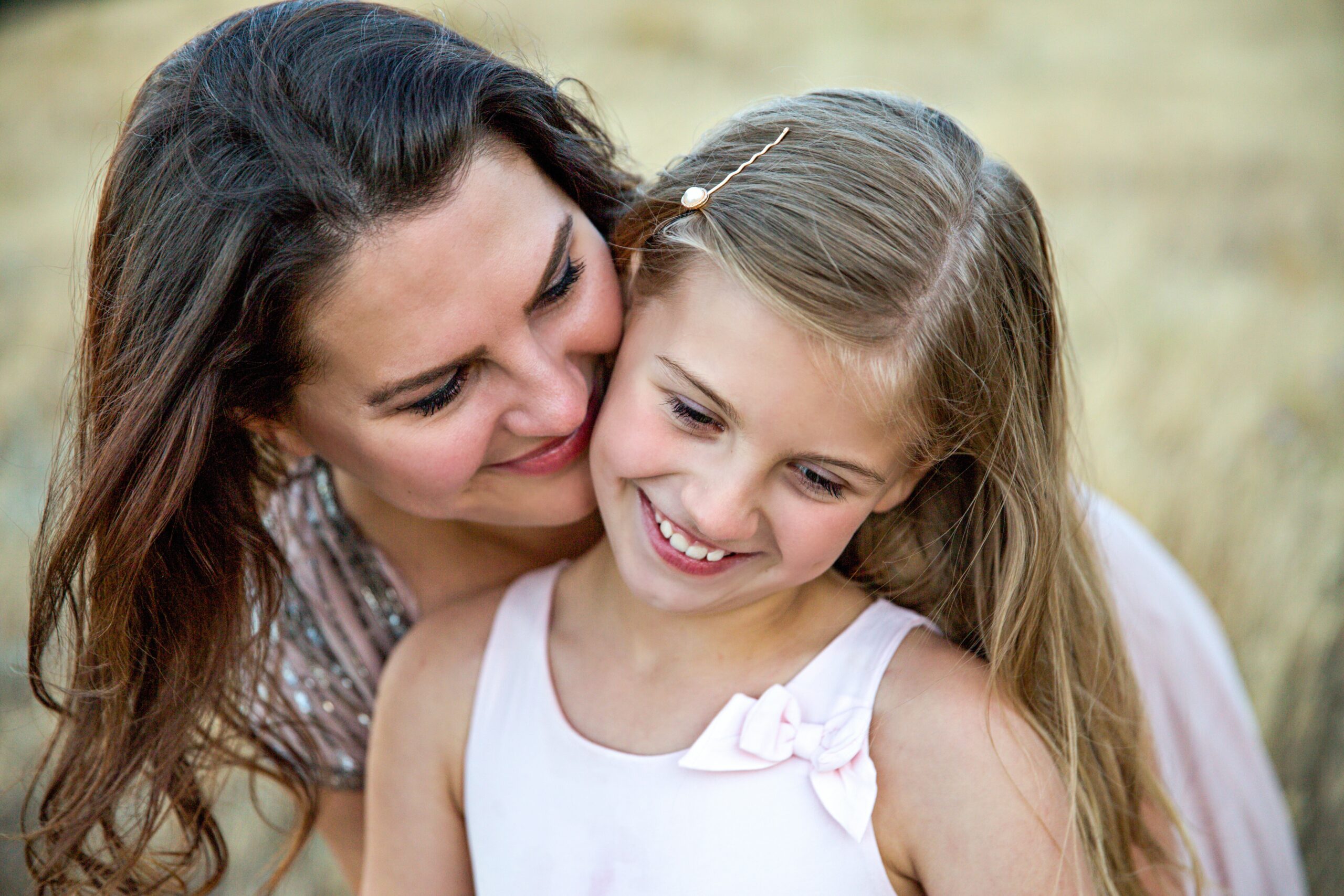
7 Ways Parents Can Teach Kids and Teens about Biology, Health and Wellness at Home

Parents are becoming more and more responsible for parts of their children’s education. Supplementing what they learn in school is the best way to help the knowledge stick. When it comes to the sciences, some kids are more interested than others. Here are 10 activities guaranteed to excite and educate even the most reluctant learner.
Learn Biology
Whether in your yard, garden or throughout your neighborhood, the flora and fauna can teach your kids a lot about science and biology. Collect leaves, flowers, nuts, stems and other parts of common plants you see. (Be sure you have permission to pick the plant if it is in someone’s yard). Classify these plants to learn about cellular plants, vascular plants and how to use a tree’s leaves to help identify its classification.
Animal Tracking
Research the kinds of animals, domestic and wild, that live in your neighborhood and go on an observation hunt. For younger kids, animal tracking can be a lesson about the food chain, like birds and worms or bees and flowers. It’s also a good way to keep them focused outside and staying on task. Older kids can use this as a lesson in nature, conservation, seasons, ecosystems and more.
Cook Together
Let your kids help plan meals and participate in the cooking. Encourage them to choose healthy meals or explore healthier versions of typically unhealthy favorites like pizza, french fries and dessert. Younger kids can learn about measurements, and with older kids you can use this as a way to teach about how heat creates chemical reactions.
Get Moving
Stay active with your child throughout the day so that they learn the benefits of a healthy cardiovascular system. The younger they are when you teach these habits, the better chance they’ll have of sustaining them through life. For younger kids, play bursts of active games throughout the day, like tag, hopping on one foot, following the leader or running obstacle courses. Older kids can jog with you, ride bikes, go on walks or hikes, play a sport or even go to the gym.
Collect Water
If you have a microscope, this can be a really cool science lesson for kids of all ages. After a good rain, help your child collect water from various places outside, like a puddle in the driveway or water in the grass. Also help them collect specimens from your kitchen tap, bathroom top and bottled water from the fridge. Examine each one under the microscope and talk about the differences.
Wear Fitness Trackers
Teach your kids about the health benefits of staying active by using a fitness tracker, like Fitbit or Garmin, or a fitness app, like MapMyRun or MyFitnessPal. Not only can you both learn more about metabolism and caloric intake, but you can also teach goal setting. Everyone sets their individual goals (like 5,000 steps a day or exercise 3 days a week) and you can inspire and support each other along the way.
Look at Nutrition Labels
Raise awareness in your kids about the importance of healthy eating by teaching them how to read nutrition labels. Send them on a mission to find the healthiest versions of some of the items on your shopping list. Not only can that help you with your errands, but it can also help them develop critical thinking and math skills.
When you focus on activities that teach biology, health and wellness, parents are teaching much more than just to their brains. You can help children create healthy habits early in life that will benefit them the rest of their lives.
